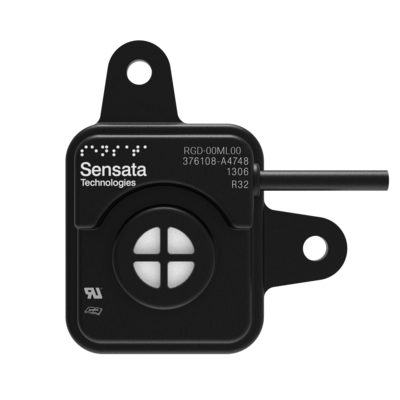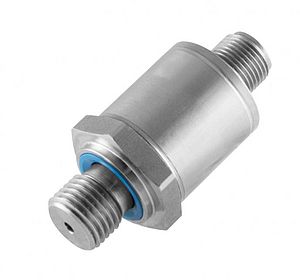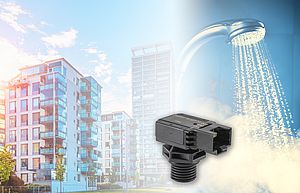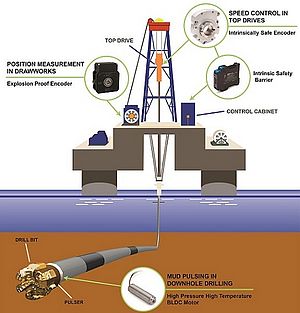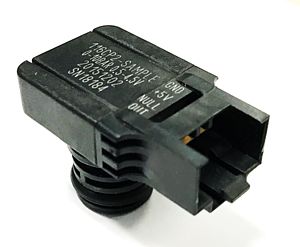Sensata Technologies announced the launch of the Resonix™ RGD sensor, their first leak detection sensor with UL certification for multiple A2L refrigerant gases used in heating, ventilation, and air conditioning (HVAC) equipment. The new leak detection sensors support HVAC manufacturers’ transition to refrigerants with a lower global warming impact. The Resonix™ RGD sensors leverage patented gas detection technology to meet the needs of HVAC manufacturers using new hydrofluoroolefin (HFO) refrigerants as part of a global shift away from hydro-fluorocarbon (HFC) refrigerants.
HFC gases have been widely used in air conditioning and refrigeration equipment for decades due to their performance characteristics. However, HFC gases have a high global warming potential (GWP) – often hundreds of times more potent than carbon dioxide (CO2). This issue was the driving factor behind the recent Kigali Amendment to the Montreal Protocol, which targets an 85 percent reduction in HFCs in the United States and other developed countries by 2036, and globally by 2047.
Preventing buildup of flammable gas mixtures
While HFOs have a far lower GWP, they are classified as slightly flammable (A2L categorization), and new leak detection design requirements mandate mitigation features to prevent a potential gas buildup. Sensata’s Resonix™ RGD sensors feature a unique, patented technology that measures the acoustic resonance of the surrounding air in real-time. Typically mounted near the evaporator coil, the sensors can trigger mitigation, such as a fan, when A2L gas is detected - venting it before it reaches unsafe levels.
The RGD series received full certification for R32, R454A, R454B, and R454C refrigerants under UL 60335-2-40 Edition 4, with fully certified test results – critical evidence for OEMs facing tight regulatory timelines. The sensor also received recognition under UL 60335-2-40 Edition 3.
The sensors deliver a fast response time with a life expectancy of more than 15 years – often exceeding the lifetime of the equipment itself. Because the sensors do not require field calibration or re-zeroing, they reduce service costs for both installers and end users. They are also unaffected by fouling gases, HVAC cleaning solutions, and continuous refrigerant exposure.


